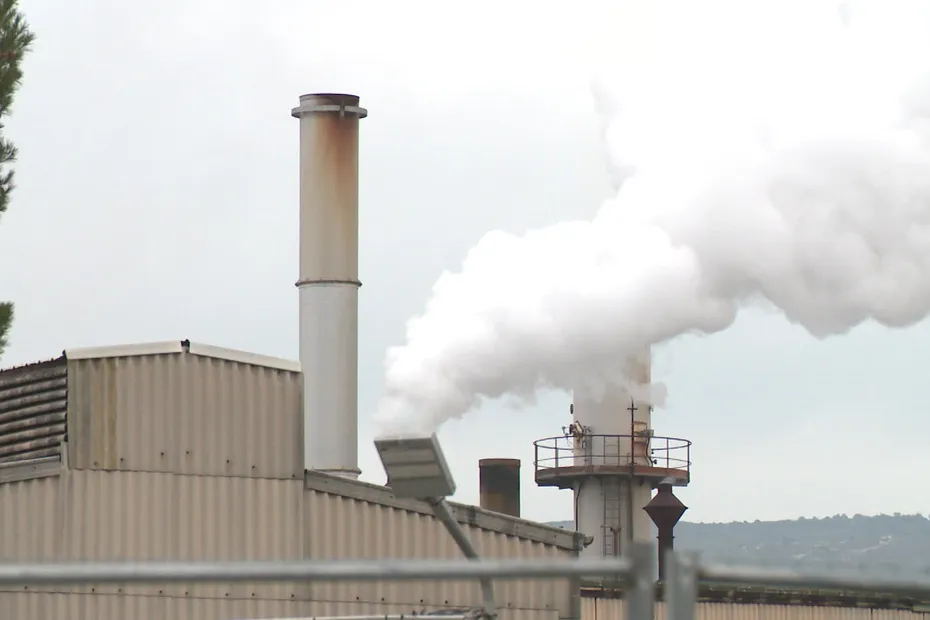The Corsican Assembly voted on Thursday, July 25th, for the waste management plan. The report discusses the use of energy recovery from waste after sorting and transformation into solid recovered fuels (SRF). Let us explain how it works.
The Corsican government has been working on a comprehensive waste management plan for several years now, and the recent vote by the Assembly is a major step towards its implementation. The plan aims to reduce the amount of waste sent to landfills and increase the use of sustainable and environmentally friendly methods for waste management.
One of the key elements of the plan is the use of energy recovery from waste. This process involves sorting and separating waste into different categories, such as organic waste, recyclables, and non-recyclables. The non-recyclable waste is then transformed into solid recovered fuels, also known as CSR, through a mechanical and thermal treatment process.
CSR is a high-quality fuel that can be used in various industries, such as cement kilns, power plants, and industrial boilers. It is a sustainable alternative to traditional fossil fuels, as it reduces the need for them and helps to decrease greenhouse gas emissions.
The use of CSR has many benefits. First and foremost, it reduces the amount of waste sent to landfills, which not only takes up valuable land but also poses a threat to the environment. By using CSR, the Corsican government is taking a proactive approach towards waste management and promoting a circular economy.
Moreover, the use of CSR also has economic benefits. It reduces the cost of waste management, as it is a cheaper alternative to traditional waste disposal methods. It also creates new emploi opportunities in the waste management and energy sectors, contributing to the local economy.
The Corsican government has also taken steps to ensure that the use of CSR is safe for both the environment and élève health. The process of transforming waste into CSR is closely monitored and regulated to ensure that it meets strict environmental and health standards.
The implementation of the waste management plan and the use of CSR is a significant step towards a more sustainable and eco-friendly Corsica. It shows the commitment of the Corsican government to protect the environment and promote a circular economy.
In conclusion, the Corsican Assembly’s vote for the waste management plan and the use of CSR is a positive and motivating development for the island. It not only addresses the issue of waste management but also promotes sustainable practices and contributes to the local economy. With this plan in place, Corsica is on its way to becoming a greener and more environmentally conscious region.

